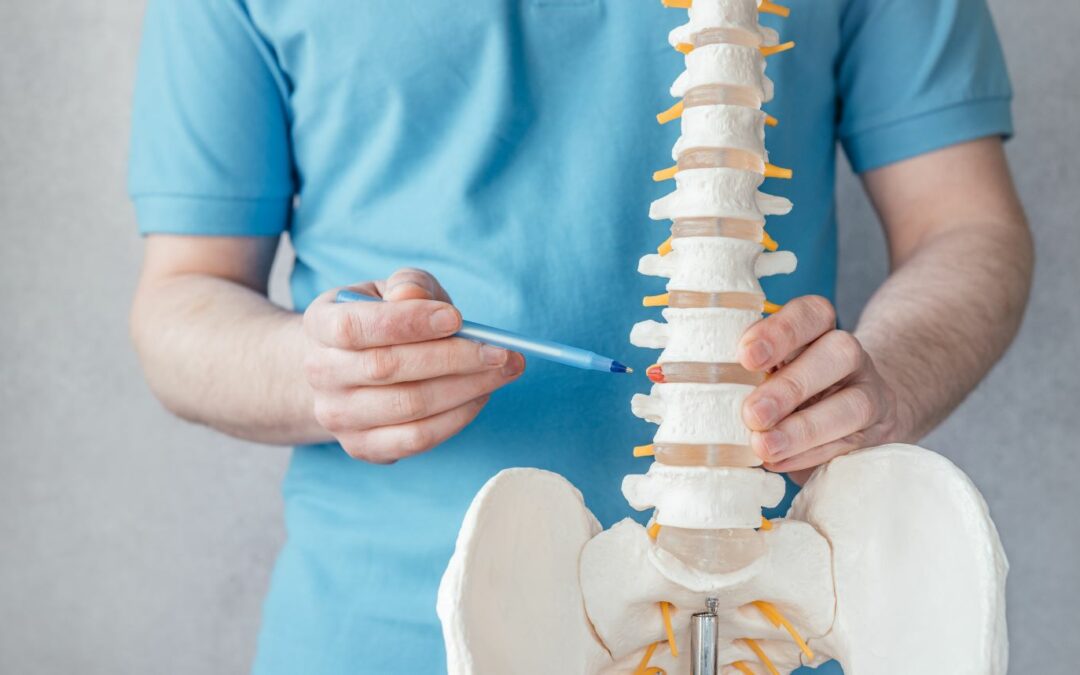If you recently sustained an injury or developed back pain, you may wonder if you have a bulging disc or herniated disc. Sometimes, these words are used interchangeably, but they’re not the same. One is more likely to cause pain than the other, for example.
Here at Premier Chiropractic Center, serving Bessemer, AL, and the neighboring communities, we’d like to clarify the difference for our patients.
Herniated Disc Defined
Firstly, our Bessemer, AL, chiropractor would like to explain what a herniated disc is. It occurs when one of the cushion-like discs in your spine develops a tear or rip. Then, the gel-like inside of the disc, which is known as the nucleus, may seep through the opening and irritate the surrounding nerves and soft tissue.
Bulging Disc Defined
On the other hand, a bulging disc arises when the disc’s inside, also known as the nucleus, presses against the disc’s outer shell (annulus). The annulus then enlarges, sometimes only partially since it may only affect one portion of the disc. As a result, the disc becomes wider than the vertebrae above and below it as well as the other discs.
Symptoms
A bulging disc is less likely to cause symptoms than a herniated one because a herniated disc tends to protrude more and can reach the nerve easier, whereas a bulging disc may not extend that far. Therefore, a bulging disc may not cause any symptoms, though it’s also possible to have a herniated disc that doesn’t cause any symptoms as well.
If you develop a herniated disc, you may have pain, numbness, weakness, or tingling in the general area of the disc as it affects the nearby nerves. Sometimes though, you may have pain, numbness, or tingling that affects the extremities in the region. For instance, if you have a herniated disc in your upper back, you may develop these symptoms in an arm. On the contrary, if the herniated disc is in your lower back, you might develop symptoms in a leg.
If you happen to develop bulging disc symptoms, you could experience the same symptoms.
Causes
In most cases, a disc herniated stems from wear and tear from age. The aging process causes your discs to lose flexibility, which makes them more vulnerable to damage. In fact, in some cases, they break down to the point where even a minor injury will herniate the disc. Some of the more common injuries include lifting heavy items with your back muscles rather than your leg muscles. Additionally, you could herniate a disc by twisting or turning as you lift. Though rare, you could herniate a disc from a blow to your back or a fall.
A bulging disc occurs from wear and tear. The disc’s annulus weakens gradually over time, making it easier for the nucleus to push against it and cause it to bulge.
Besides age, you’re more prone to a bulging or herniated disc if you’re overweight since the excess body weight places pressure on the discs. Heredity can also play a role. Some people are more prone to disc problems than others. Smoking and your job, particularly if your occupation requires prolonged sitting or frequent lifting, makes you more susceptible.
Treatment
Our Bessemer, AL, chiropractor may use imaging to determine the cause of your back pain. Generally, our treatment approach is similar whether you have a herniated disc or a bulging disc.
Often, our chiropractor will perform spinal adjustments, spinal decompression, or chiropractic exercises to help with the healing process and ease your pain. You’ll also receive lifestyle advice on how to reduce strain on the area and ways to combat pain naturally.
A bulging disc can eventually become herniated, but they aren’t the same issue. You may not even know you have either problem until it worsens to the point when it affects your nerves. Nevertheless, our chiropractor can provide you with a treatment approach customized to your condition that’ll assist with healing and relieve pain without potentially harmful medications.
Book an appointment with our Bessemer, AL, chiropractor at Premier Chiropractic Center by contacting us at 205-519-4024 or using our contact form if you have back pain or any of the other aforementioned symptoms.

Recent Comments